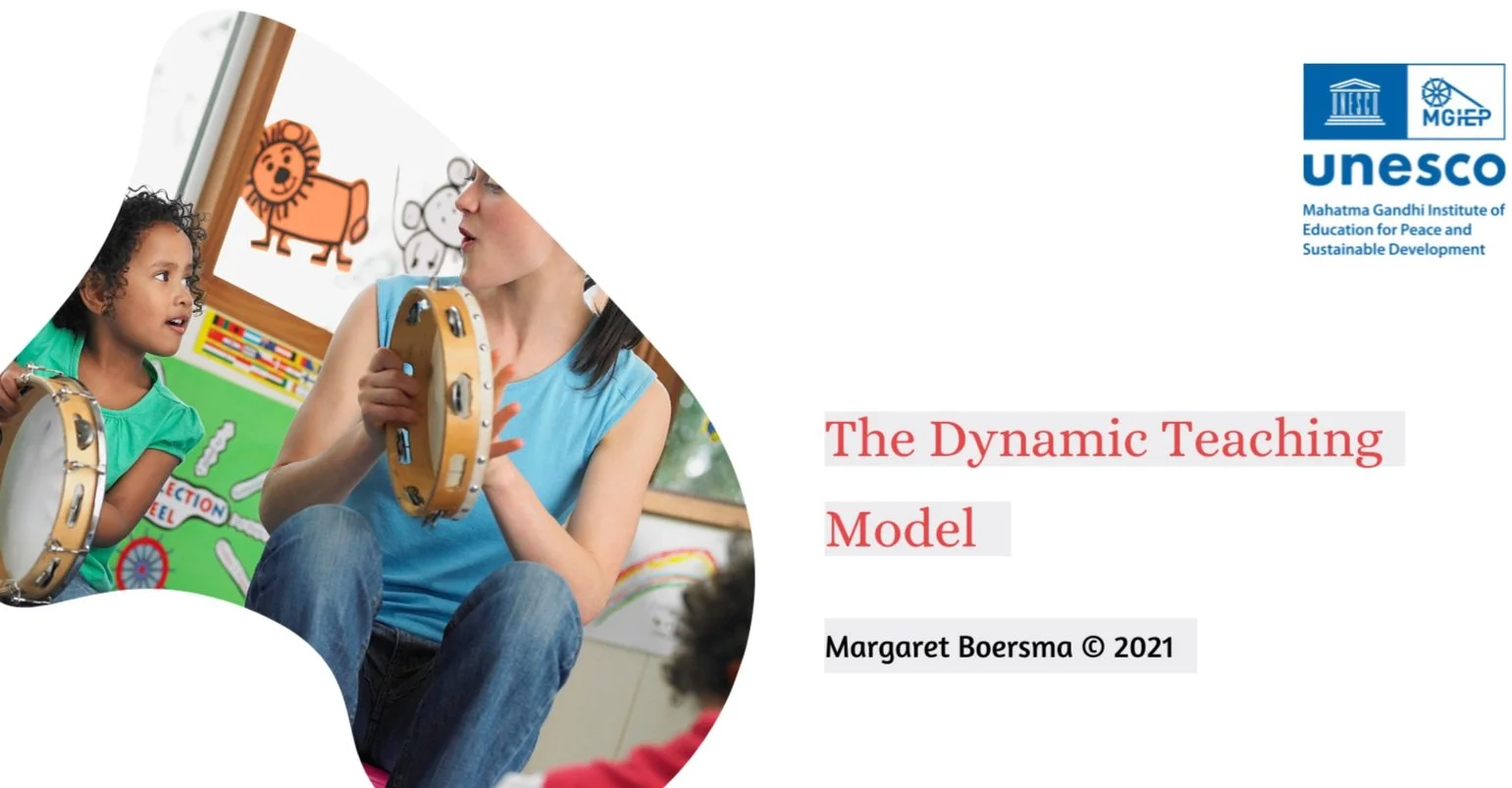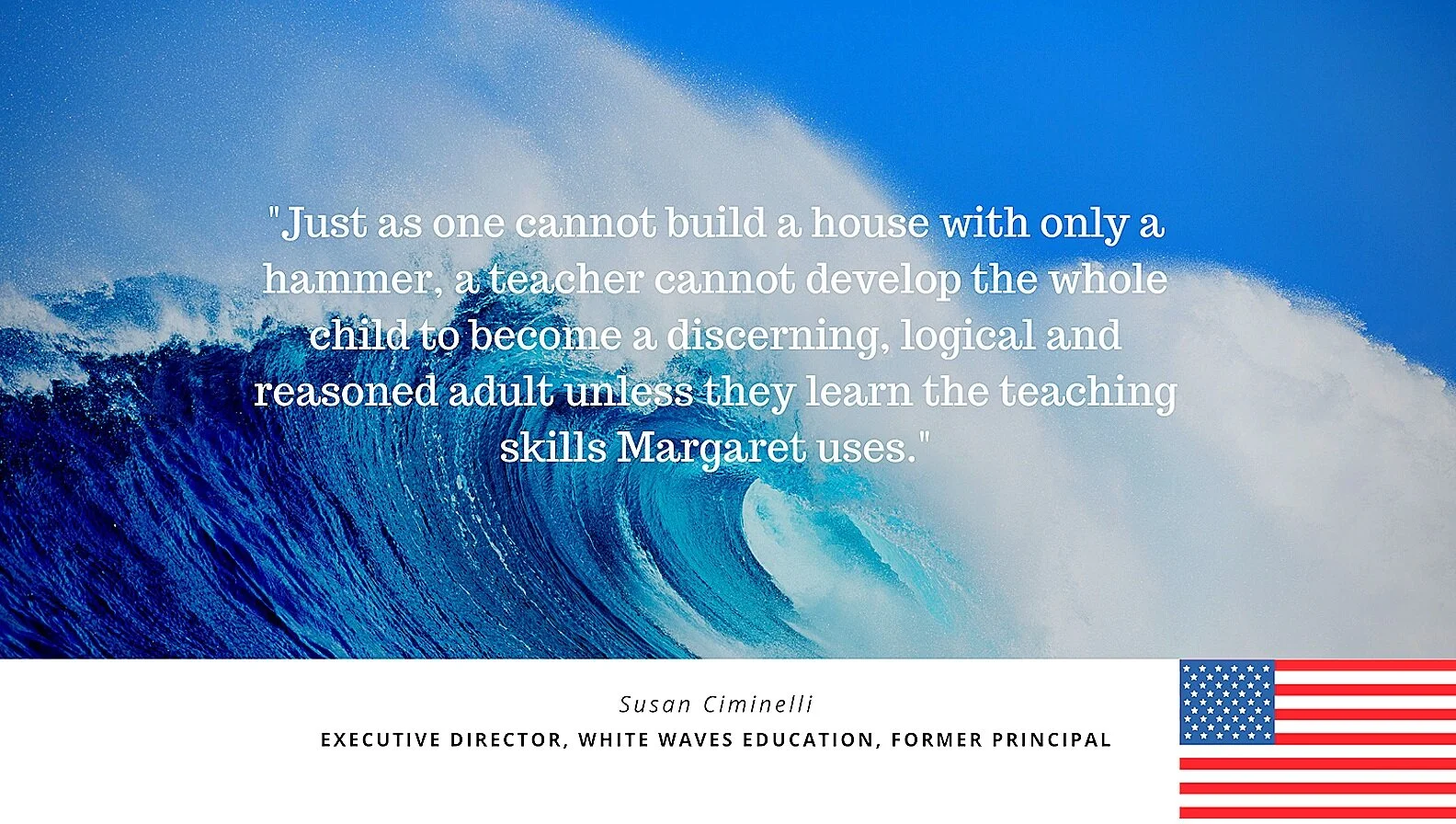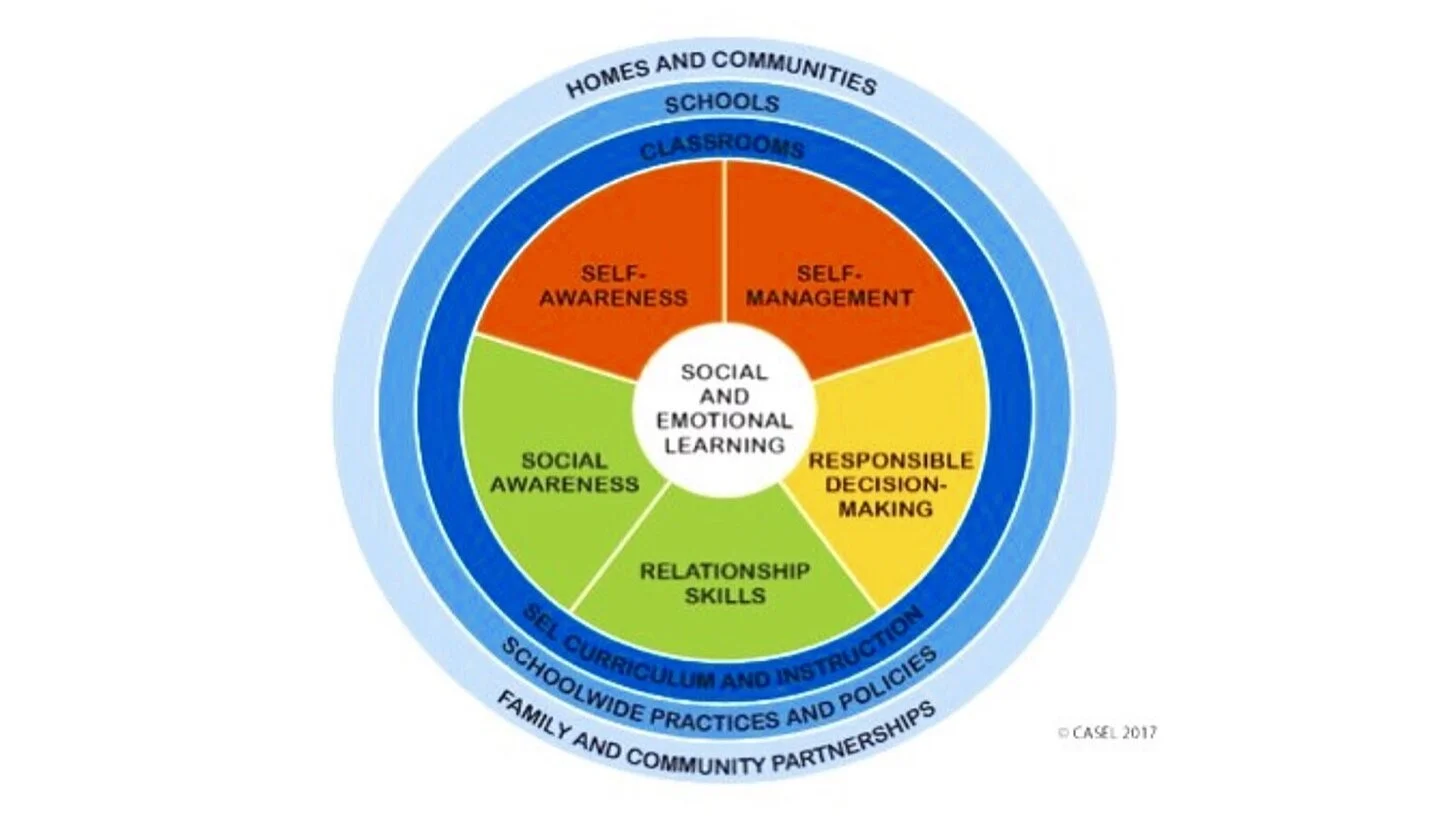Having just returned from an exhilarating international conference, 2019 SEL Exchange, I am excited to share. “Defining Quality in the Context of Innovation” was the focus of the conference hosted by the Collaborative for Academic, Social, and Emotional Learning (CASEL), the best place to get resources and information about Social and Emotional Learning (SEL).
Read MoreCan your students communicate their ideas clearly and succinctly after raising their hands? When students have the opportunity to defend their point of view or articulate their ideas more fully, I often become aware of their inability to communicate. Even with ample “wait time,” they stammer, can’t find the words or don’t express their ideas in full. The listener is left guessing at the meaning and several exchanges are needed to clarify rather simple thoughts.
Read MoreHave you wondered why the reaction we have at the moment is sometimes far out of proportion with the immediate situation? Are you aware of your triggers? Whether at work or at home, we have all experienced emotional pain in the past and those moments come rushing to mind when situations arise in the present.
Read MoreWhile examining the plight of modern refugees by living inside a story, students reflect on their own journeys and those of “change” in their families. This inquiry-based learning unit is a model for deepening understanding and social/emotional learning with themes of equity, inclusion and well-being. Students experience learning in "first person" as they build empathy, compassion and a growth mindset. Personal well-being is nurtured through immersion in the arts. Storytelling, drama, dance and visual arts are central to this cross-curricular unit. As well, Language Arts, Current Affairs and Social Studies expectations are integrated in the work.
Read MoreIn this unit: game, choral reading, dance; Grades 2-adult. Resource: Poem: “I Have No Legs” (below). Music Suggestion: Kaleidoscope 2 #13 Lake Louise-Magical by Soundtrack Performance Group. Materials: 7-8 different objects in total i.e. 6 beanbags, 6 badminton birdies, 6 ties, 6 bowls, 6 cups, 6 bread tags, 6 elastics, 6 plastic forks, 6 plastic spoons, 6 pencils, 6 paper plates…
Read More














Analogical Problem-Solving ™ is what I call teaching by living inside a story such as the Us and Them unit. Students have agency/voice to make decisions inside their class story, an analogy of life. As teachers, we carefully follow their suggestions and integrate lessons as we plan strategies that allow them to discover their learning. Students learn real-life lessons without real-life consequences. They realize at a profound level that we have so much in common. We are all connected. Ultimately the students decide war is not worth the enormous human cost. And they internalize that we are all part of the human race.